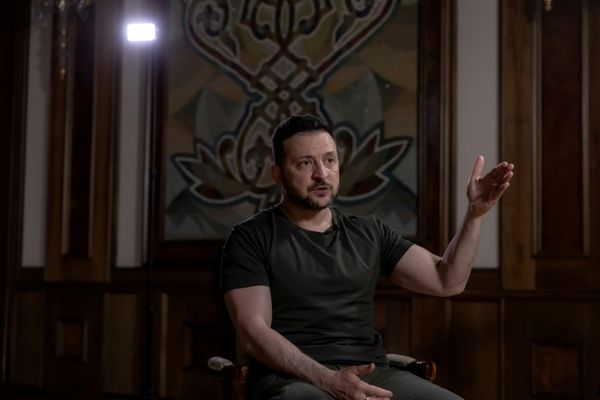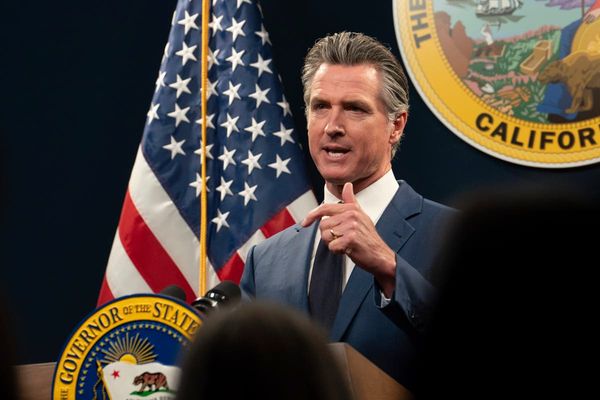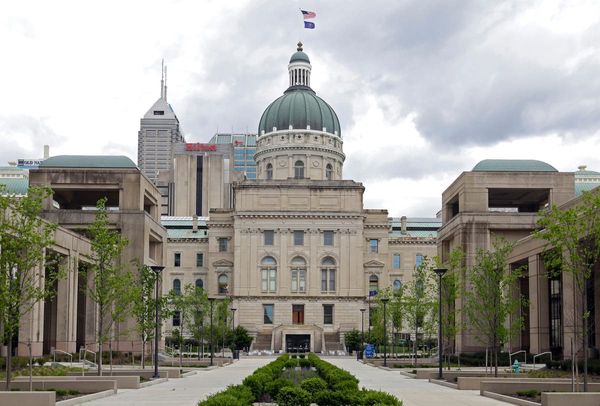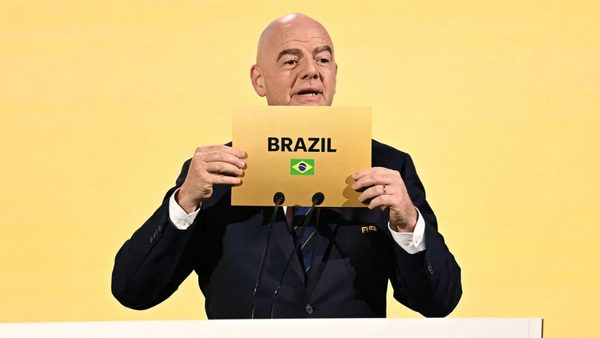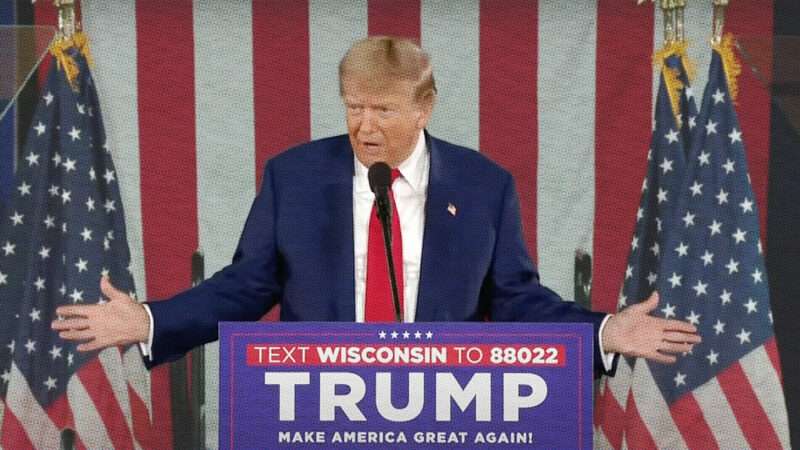
Former President Donald Trump this week made his way to Wisconsin, a battleground state crucial to both his 2016 win and 2020 loss. The stakes, in other words, are high. So he made a few big promises to match.
One such promise: "We're going to give our police their power back," he told rallygoers in Waukesha, "and we are going to give them immunity from prosecution."
Between police and prosecutors, law enforcement officers are arguably already the most powerful people in government, so it's unclear what Trump means by giving them "their power back." His second promise, though—immunity from prosecution—is more concrete, and a reminder of the former president's views on government accountability.
There are, however, a few problems. Let's begin with the first: As president, Trump would be extremely constrained in immunizing anyone, including police officers, from prosecution, as most criminal proceedings are in state court where his power wouldn't apply. And while it's true that some officers are charged federally for alleged misconduct—where he could lobby the Department of Justice to refuse to charge any cop—those prosecutions are often in addition to state charges. As I've previously written, charging anyone, no matter how unsympathetic a defendant, in both state and federal court for the same alleged misconduct strains constitutional credulity. To put a stop to that, even temporarily, would be just. The reality remains, though, that no president, including Trump, can countermand state prosecutorial decisions.
Take Derek Chauvin, for instance, who was convicted in a Minnesota court of murdering George Floyd. After that trial concluded, he pleaded guilty to federal charges, for which Trump could certainly pardon him during another term in the Oval Office. And that would make no material difference in the amount of time Chauvin spends in prison, as his state sentence (22.5 years) and his federal sentence (21 years) are running concurrently, not consecutively. The only noticeable effect would be a change of venue, as Chauvin is currently incarcerated at the Federal Correctional Institution, Tucson.
It is also true that police officers are rarely prosecuted to begin with, despite a handful of high-profile trials that have captured public attention. No one should be criminally charged because the political moment appears to demand it. Similarly, no one should be immunized simply because it plays well with a political constituency.
But despite the overall legal illiteracy of Trump's promise, it's worth considering what it says about his general outlook on accountable government, or lack thereof, and if those with the most power should be held to the lowest standard.
That his answer to the above question is more or less a "yes" should not come as a surprise. During his term in office, Trump made it clear he would fight any legislation that sought to hamstring qualified immunity, the legal doctrine legislated into existence by the Supreme Court that bars alleged victims of misconduct from bringing civil suits against state and local government employees if the way in which those employees violated the Constitution has not been explicitly ruled unconstitutional in a prior court decision. It is why, for example, two California men were not able to sue the officers who allegedly stole over $225,000 from them during the execution of a search warrant, as there was no previous court ruling that said stealing under such circumstances is unconstitutional. (Federal law enforcement officers, meanwhile, are essentially already protected by absolute immunity.)
The most common objection to curtailing or ending qualified immunity is grounded in the fear that police officers will be bankrupted by breathless lawsuits. Those who are nervous about such an outcome can take comfort in the fact that, prior to any jury trial, plaintiffs must also show in federal court that their allegations concern conduct that was unconstitutional. More importantly, cops are almost always protected from having to pay damages themselves; a study conducted by UCLA law professor Joanna Schwartz found that governments paid the judgments 99.98 percent of the time. It's hard to know if Trump realizes this is the case, as he promised in December to "indemnify [police] against any and all liability." Whether or not that was a knowingly false promise or if he is genuinely unfamiliar with the law remains unclear.
But there's at least one thing that is clear: Trump would like law enforcement held to a lower standard than the little people. The former president has arguably never been a tried and true conservative, but he does need to court them. And it is difficult to make a conservative case for ensuring that those who enforce the law are also above it.
The post Trump Promises To Give Police 'Immunity From Prosecution' appeared first on Reason.com.
